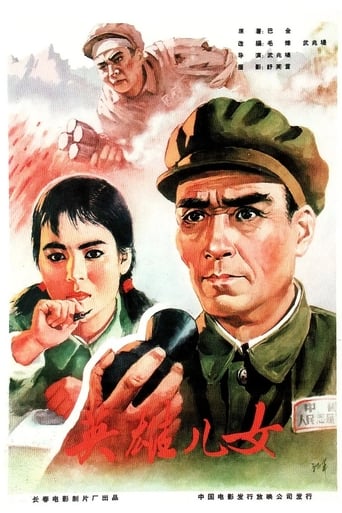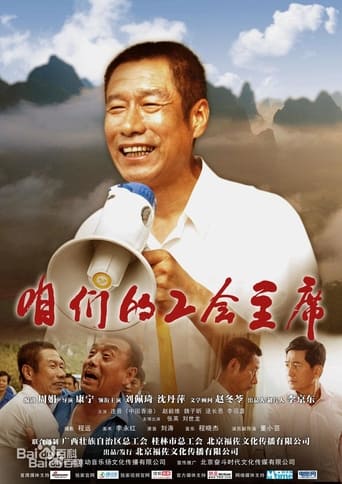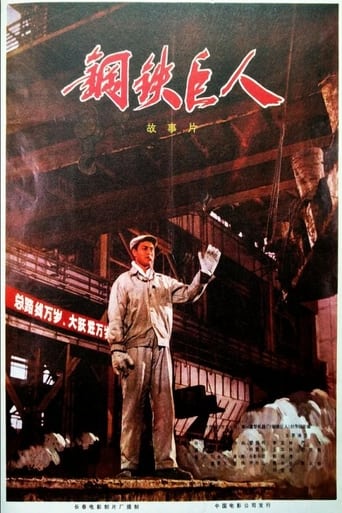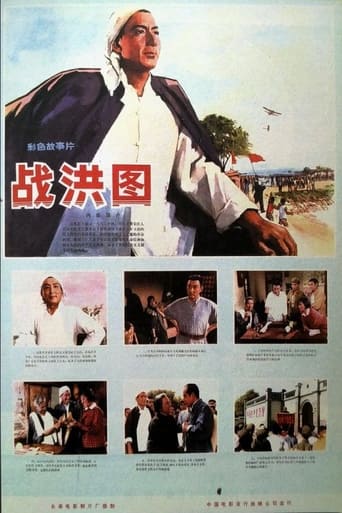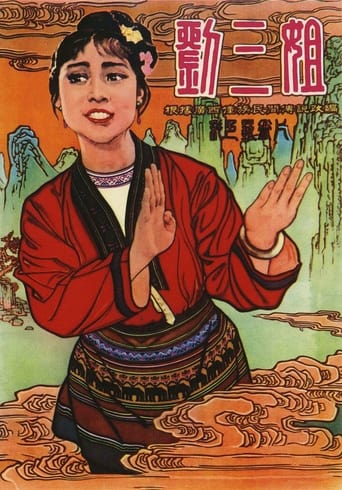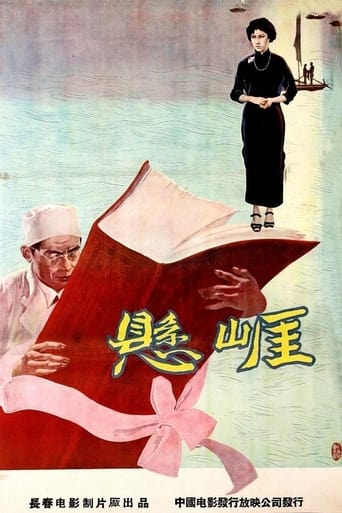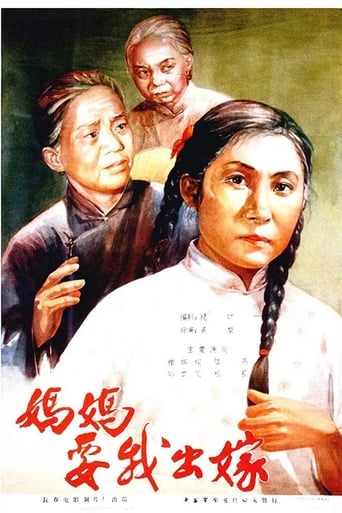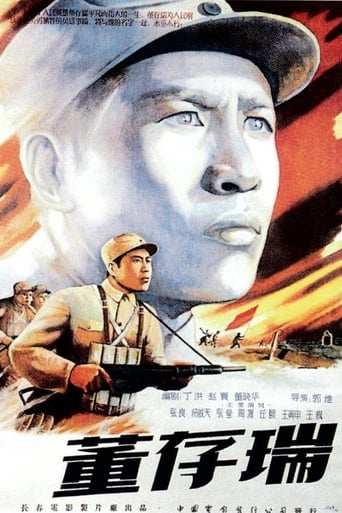英雄儿女
Jan 01, 1964An army officer has a chance encounter with a young soldier, the son of an old comrade in arms. The soldier tells the officer he has a sister who is also in the army. When the young soldier is killed in action, the officer visits her to pay his respects, and recognizes her as his own child, given up for adoption 18 years earlier. This presents him with a dilemma, wanting to reconnect with the only child he ever had, yet reluctant to tell her the truth about her parentage ...
War
